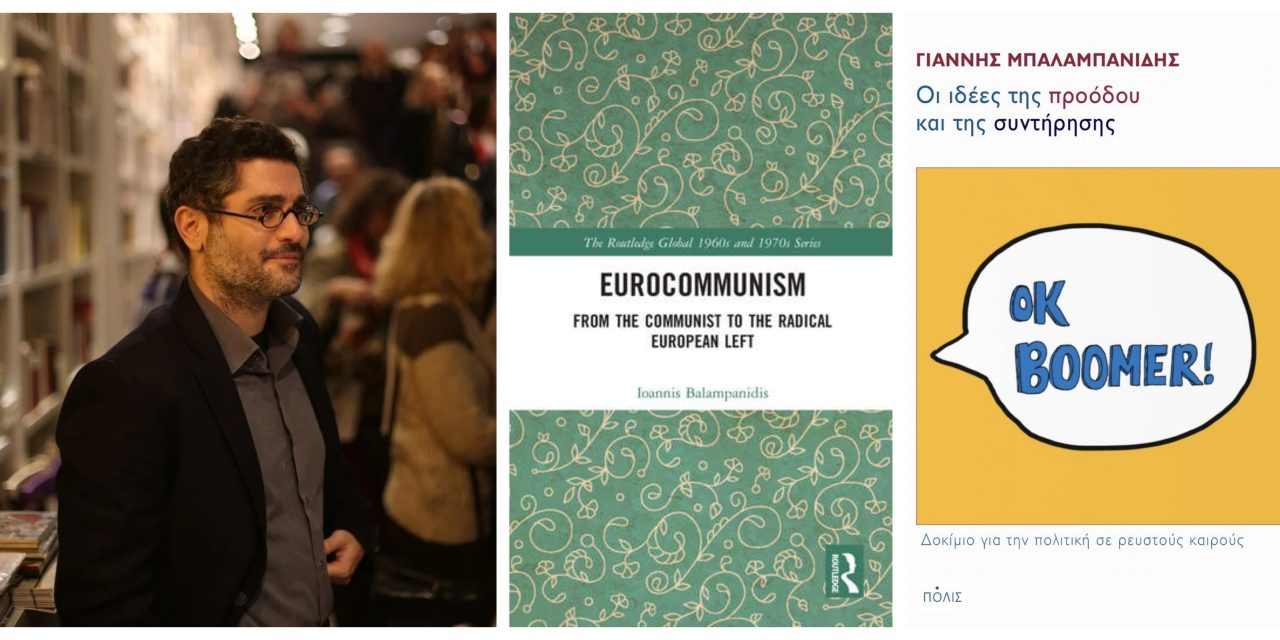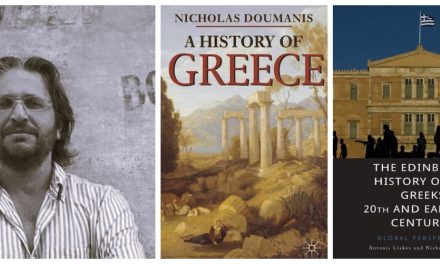Ioannis Balabanidis is a researcher at the Centre for Political Research in the Department of Political Science and History at Panteion University; his main research interests concern comparative politics, political parties, europeanization, and historical sociology. Among others, he has published the books Eurocommunism: From Communist to Radical Left in Europe (Polis, 2015, and Routledge, 2018) and The ideas of progress and convervatism: Essay on politics in fluid times (Polis 2022; in Greek). He has translated Eric Hobsbawm´s seminal work “On nationalism” to Greek (Themelio, 2021) and serves on the editorial board of political science journal “Synchrona Themata”.
Ioannis Balabanidis spoke to Rethinking Greece* on Greek society’s evolving views of the European project from the late 1970s until now; how, despite the Eurosceptisism of the crisis years, Europe is still perceived by the majority of Greeks as a cornerstone of geopolitical, economic and democratic stability; on the cultural and economic distance between north and south Europe and how it can be bridged. Finally, he touched upon how the pandemic has brought to the fore a pan-European demand to strengthen public health systems and a new understanding of the common good, concluding that it is vital for the EU to respond to these new social demands.
Greece became a member of the European Union (European Communites at the time) in 1981, without this choice gathering the consent of all political forces. Could we say that there are distinct phases in how Greek society viewed the European project?
We could attempt a periodization of the relationship of the Greeks with the European project, using what we know from the now rich literature, but also from primary sources, such surveys on public opinion and political culture, such as the Eurobarometer. Such a periodization, in its general lines, follows certain critical turning points of the Metapolitefsi period (i.e. the years after the fall of the military junta in 1974).
To summarize, we would say that in the first period of the transition to democracy, i.e. in the first years after 1974, Greece is a rather Eurosceptic country. There is a wider anti-Western sentiment, a key element in the social radicalism of the time, and not entirely unjustified as the imposition of the junta was partly blamed, for better or worse, on American intervention. It is no coincidence that in 1979, when the country’s admission to the then EEC was being debated in the Parliament the parties that sided in favor of the European perspective were New Democracy, historically and geopolitically identified with the “camp” of the West, and, from the political forces of the Left, only the Eurocommunist party KKE interior– which had already developed a culture of Europeanism. Socialist PASOK and communist KKE are resisting, the former adopting the theory of the country’s dependence on the Western capitalist center and therefore putting forward the demand for national independence, the latter as it is still in the shadow of Moscow. At the same time, however, with the wound of Cyprus still open and the young Third Hellenic Republic taking the first steps towards stabilization, “Europe” is perceived as a guarantee of geopolitical stability and consolidation of the democratic acquis.
When PASOK comes to power, it quickly normalizes its relationship (and the relationship of a large part of Greek society) with the EEC (European Economic Community). As the resources start flowing into the country from the EEC and aid “packages” such as the Integrated Mediterranean Programmes begin to become apparent, we begin to understand “Europe” as a horizon of prosperity, especially in the 1990s. Greece becomes one of the most pro-European societies in Europe, although in the 1990s a limited Euroscepticism, less leftist and more ethnocentric, of the New Far Right begins to emerge.
With the outbreak of the crisis in 2010-2011, for the first time in decades, this “utilitarian” perception of Europe as a guarantee of sustainable development and prosperity is shaken. However, our belonging to the European family was ultimately not seriously questioned, neither at the social level nor at the political level, despite widespread Euroscepticism.
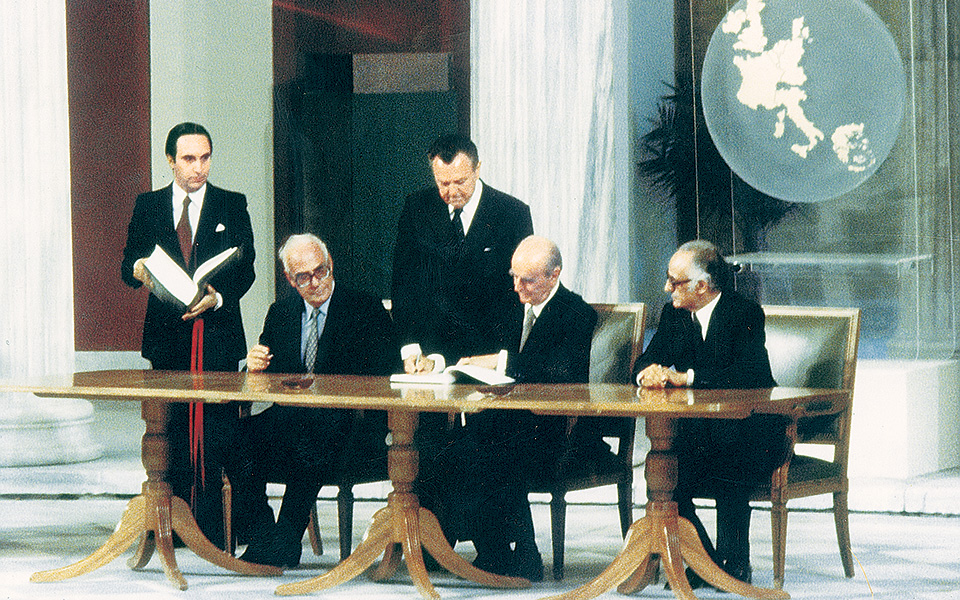
In his recent interview for Rethinking Greece, Professor Yannis Voulgaris said that “the reaffirmation of the country’s European orientation was the ‘conclusion’ reached by the vast majority of citizens that experienced the crisis”. Do you agree? What is the meaning of “Europe” today for the Greeks?
So it is. During the crisis, Greek men and women wanted at some point to raise their “voice” in protest against the severe austerity program imposed by our partners in exchange for the financial rescue – let’s not forget that Greece suffered the heaviest form of crisis, losing about 25% of its GDP within a few years, a situation comparable to the crisis of 1929, and not at all comparable to the crisis of Portugal, Ireland or Spain.
This was a key parameter of the so-called “anti-memorandum” block, i.e. the social forces reacting to austerity, which of course was impressively expressed by the sweeping victory of ‘NO’ in the 2015 referendum. The political forces that tried to express the dynamics against austerity, New Democracy initially and then SYRIZA, adopted an ambiguous political rhetoric where criticism of the EU coexisted with a desire to “re-found” it. This is what in political science we call “soft Euroscepticism”: skepticism about the policies being implemented, but without a desire for a radical break.
If one investigates what the “idea of Europe” meant for the Greeks at that time, e.g. through the indicators of the Eurobarometer, they will find that under the overtones of contention (“Greece did not benefit from joining the EU”, “our voice is not heard in Europe”), there was consistently a clear social majority that highly prioritized the euro, that is, our belonging to the hard core of European monetary integration. The image of Europe as a horizon of prosperity may have been seriously, and justifiably, shaken up, and it has not yet been restored, but at the same time it has continued to be perceived as a cornerstone of geopolitical, economic and democratic security and stability. As we gradually emerge from the crisis, our idea of Europe begins to acquire other, old as well as new contents: freedom, democracy, rights.
If this is so, and I think that this is indeed the big picture, we could say that through the serious contention of the “utilitarian” perception of Europe, our belonging to this political and cultural space was confirmed. Which of course should remind us that the meaning of Europe is not given once and for all, but is transformed at every historical turn.
 Demonstrations during the years of the crisis | left: London demonstration in solidarity to Greece, February 2015; right: Athens, “Remain in Europe” demonstration, July 2015
Demonstrations during the years of the crisis | left: London demonstration in solidarity to Greece, February 2015; right: Athens, “Remain in Europe” demonstration, July 2015
I think that the parameters of economic security, if not prosperity, but also of geopolitical-democratic stability, are fundamental and common among the countries of the European “periphery”. In this regard, there is no Greek “exception,” as we often thought during the crisis, but we are converging with many European societies, even much more developed ones, such as Italy and Spain.
On the other hand, there is a persistent feeling that we are “outsiders”, that on many levels there is an unmitigated distance between us the hard core of “Europe”, both economically and culturally. This is also manifested at the political level, where the countries of the “periphery” consider that they are not “heard” as much as they should, or as much as they would like, in the collective bodies of Europe – the harshness with which fiscal adjustment measures were imposed but also the “orientalist” representations of Greece in much of central and northern Europe during the crisis (the rhetoric about “lazy Greeks”) are indicative of this distance that is always latent and at times openly expressed.
Hence, in my opinion, a possible “cure” for this distance could only be a strong European reformism. In the sense of the continuous formation and expansion of common policies – such as on redistribution, taxation or labor policy, for example. Of course, this presupposes a dynamic of deepening the political part of the European project, in a direction of federalization. Which would be a politically and culturally difficult operation, but possibly the only realistic one.
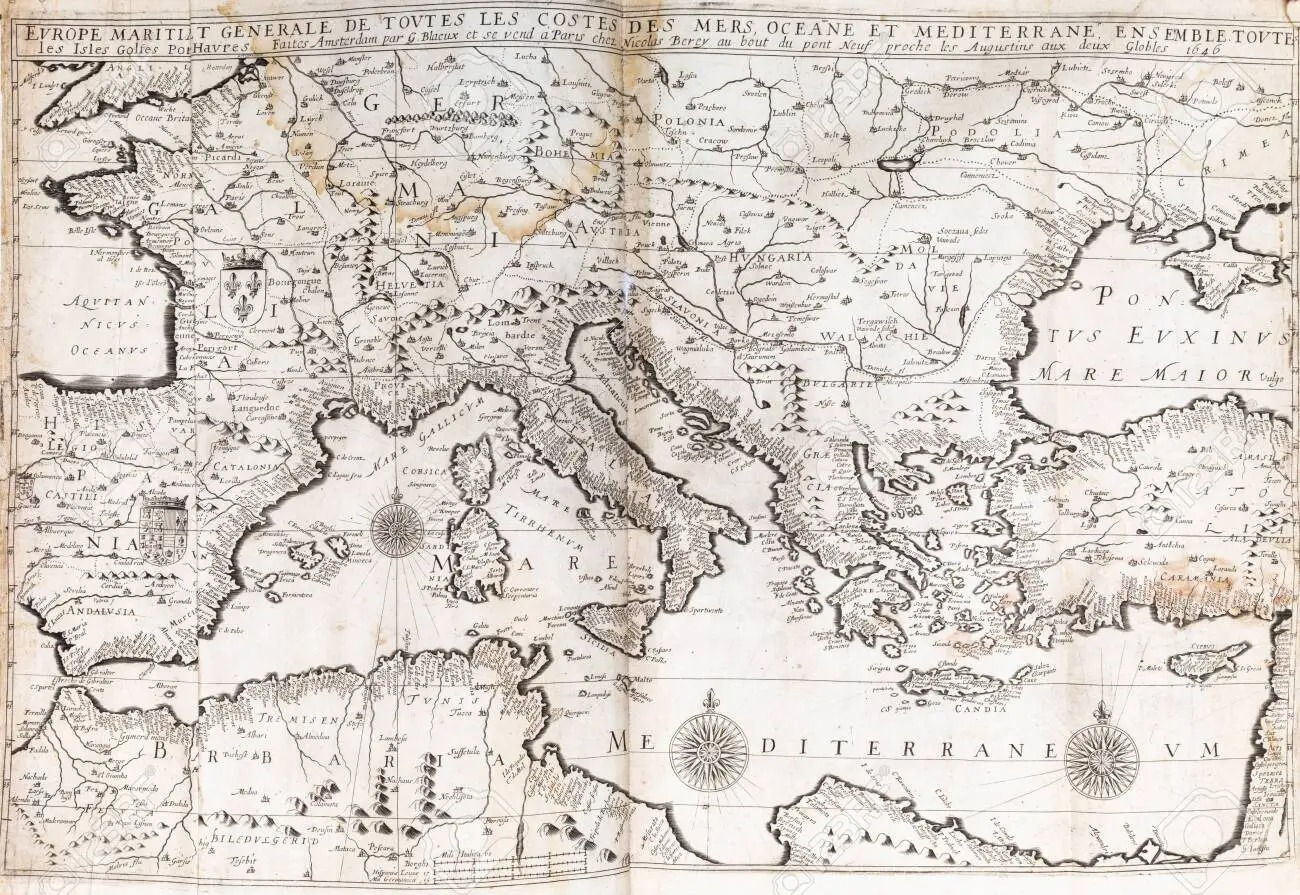
In your opinion, have the recent pandemic crisis and Russia’s invasion of Ukraine strengthened the political and social character of the EU?
Here the answer I think would be: yes and no. Historically, Europe deepens as a union through its crises. At the same time, it responds to crises slowly and often in an unsatisfactory way – after all, it is a “heavy” organization, which presupposes the convergence of 27 different countries, 27 different societies, with different and not infrequently conflicting aspirations and interests.
The COVID pandemic, and secondarily perhaps the invasion of the Ukraine, are junctures inscribed in a continuum of crises (or a perma-crisis, according to the apt neologism), where the EU shows an ability to adapt to the contingencies and upheavals of history. The EU “boat” is rocked but it does not sink. It may be slow, but eventually it comes up with common political solutions. Of course, the component of not unified, national management of these crises is equally present. During the pandemic e.g. individual countries took similar measures, but in different ways and at different times. However, on the other hand, the EU’s decisive intervention on the vaccine issue, for example, has shown its ability to act decisively, thereby ensuring the public health security of our societies in an unprecedented public health crisis.
This national-supranational “tango” will inevitably follow us for a long time. But as long as Europe continues to react and adapt to its crises in a relatively satisfactory way, the political core of the unification project will stay alive. As long as this aim aligns with the political “demand” of EU societies. For example, the pandemic has highlighted a pan-European demand to strengthen public health systems, a renewed understanding of the “common good”. Will the EU be able to respond to these new demands, possibly questioning is previous policy “paths”? This, I think, is one of the EU´s highest stakes of the coming years.
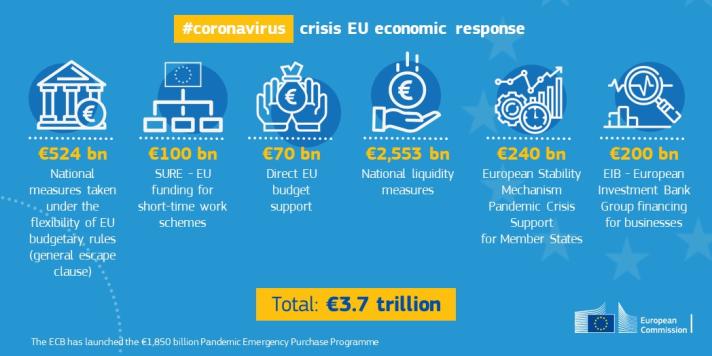
* Interview to Kostas Mavroidis and Ioulia Livaditi; Translation: Ioulia Livaditi
TAGS: CRISIS | EU POLITICS | MODERN GREEK HISTORY

